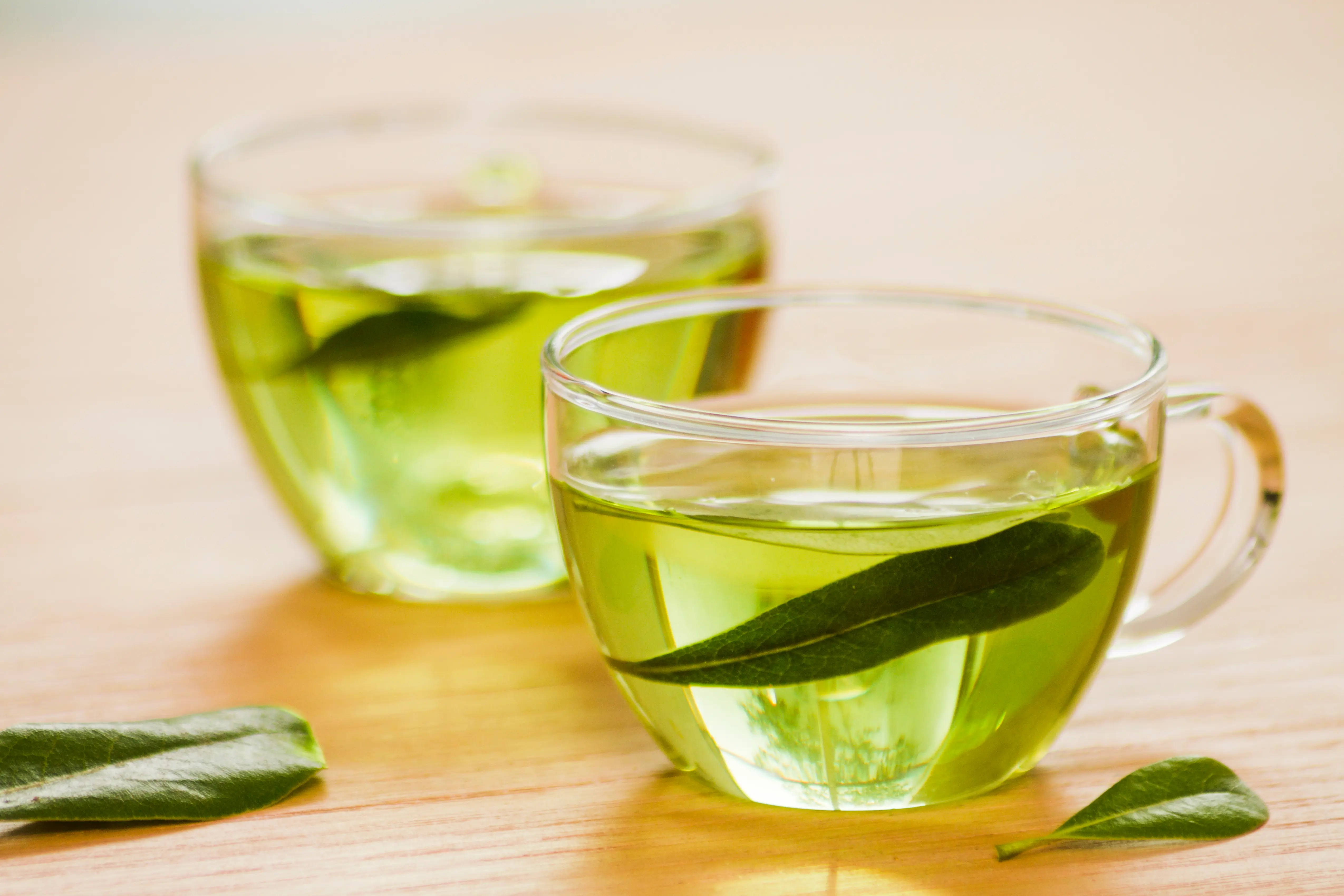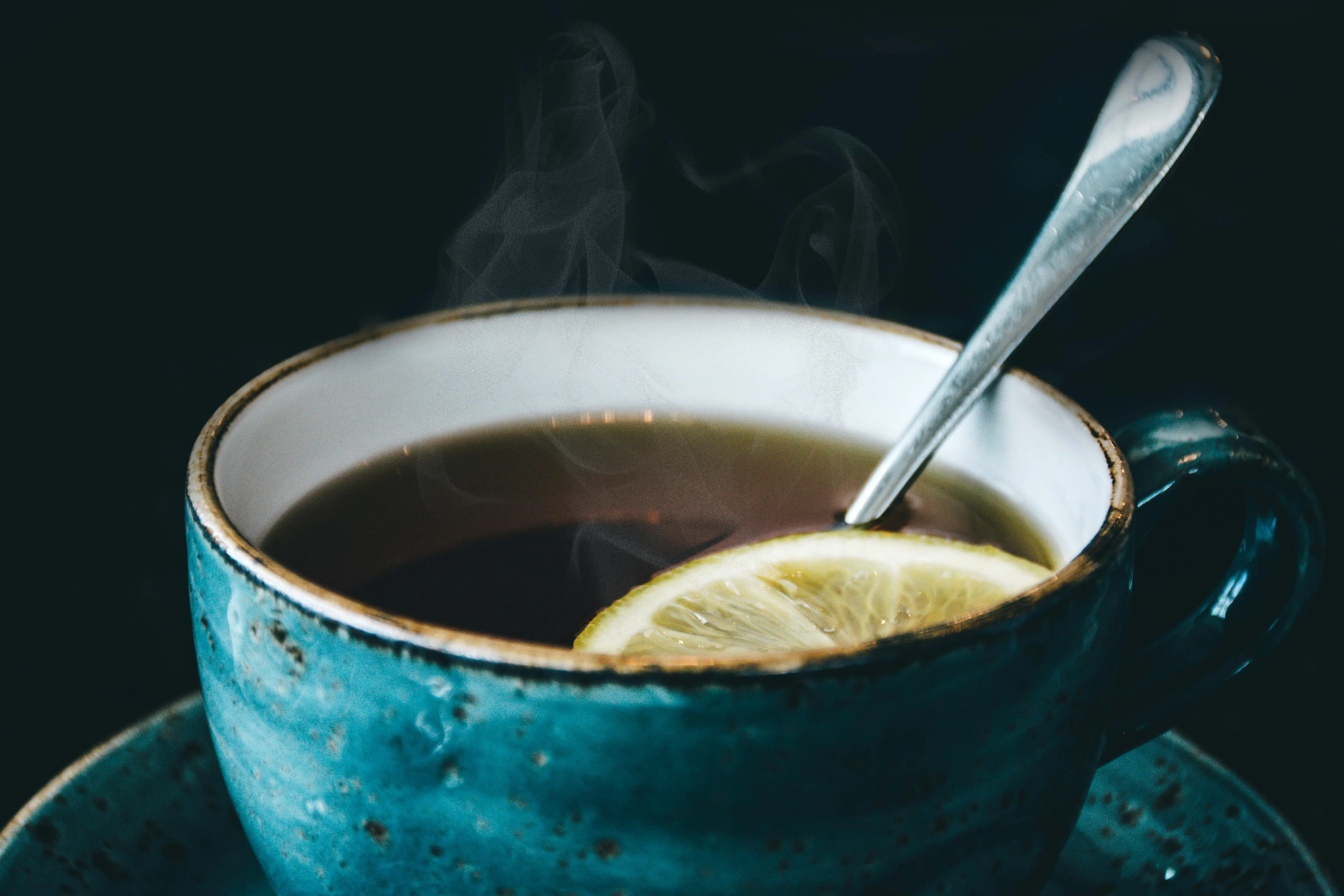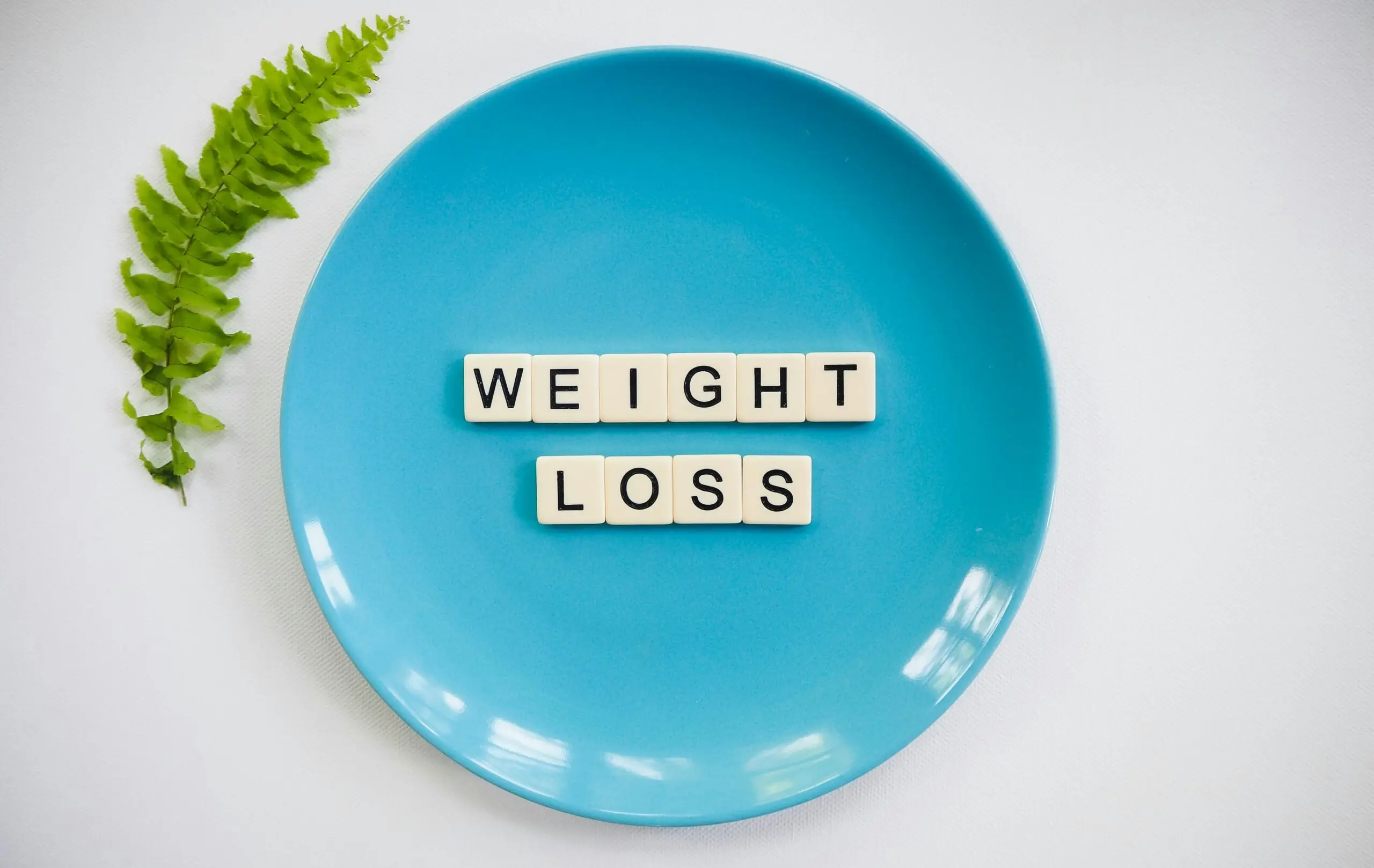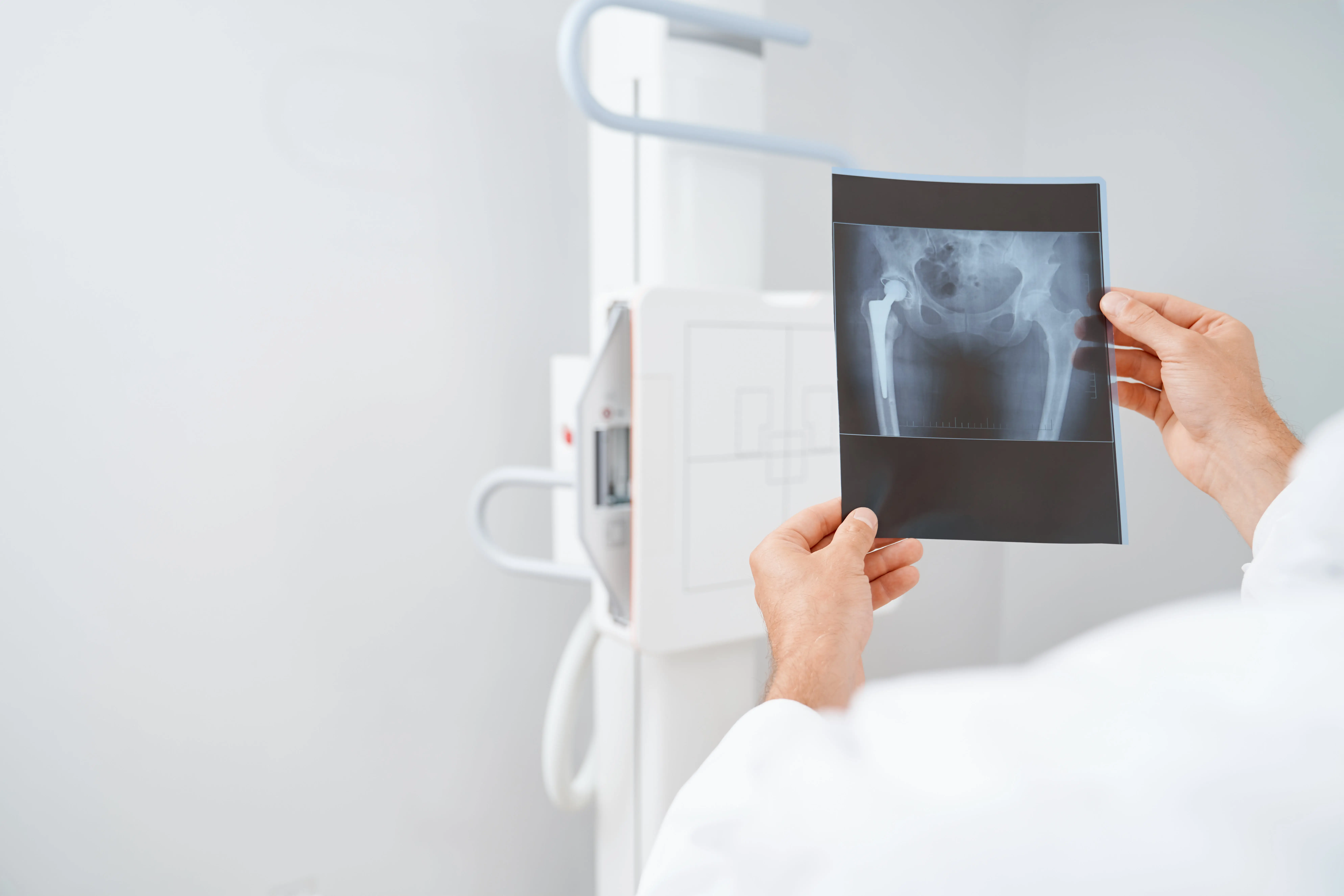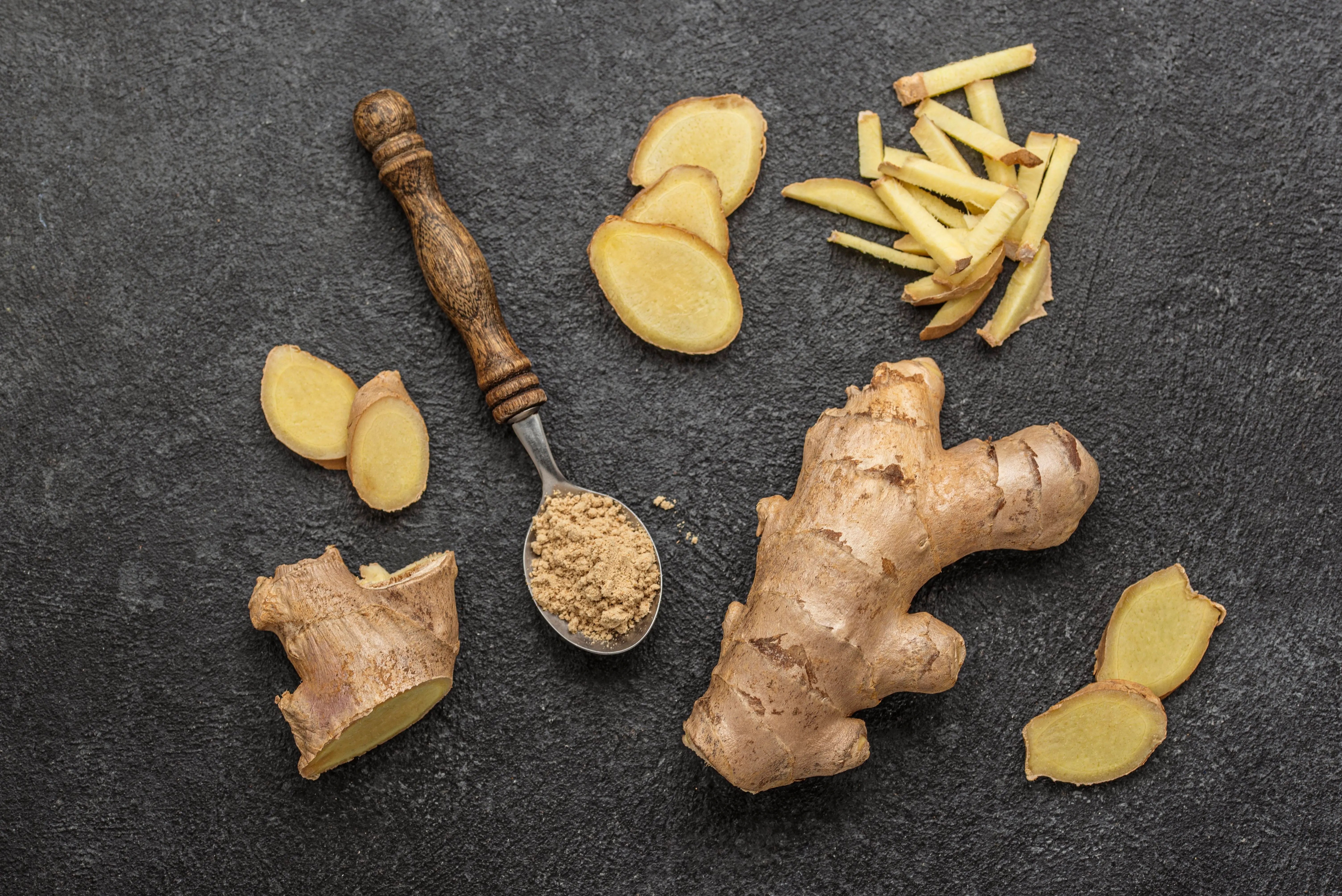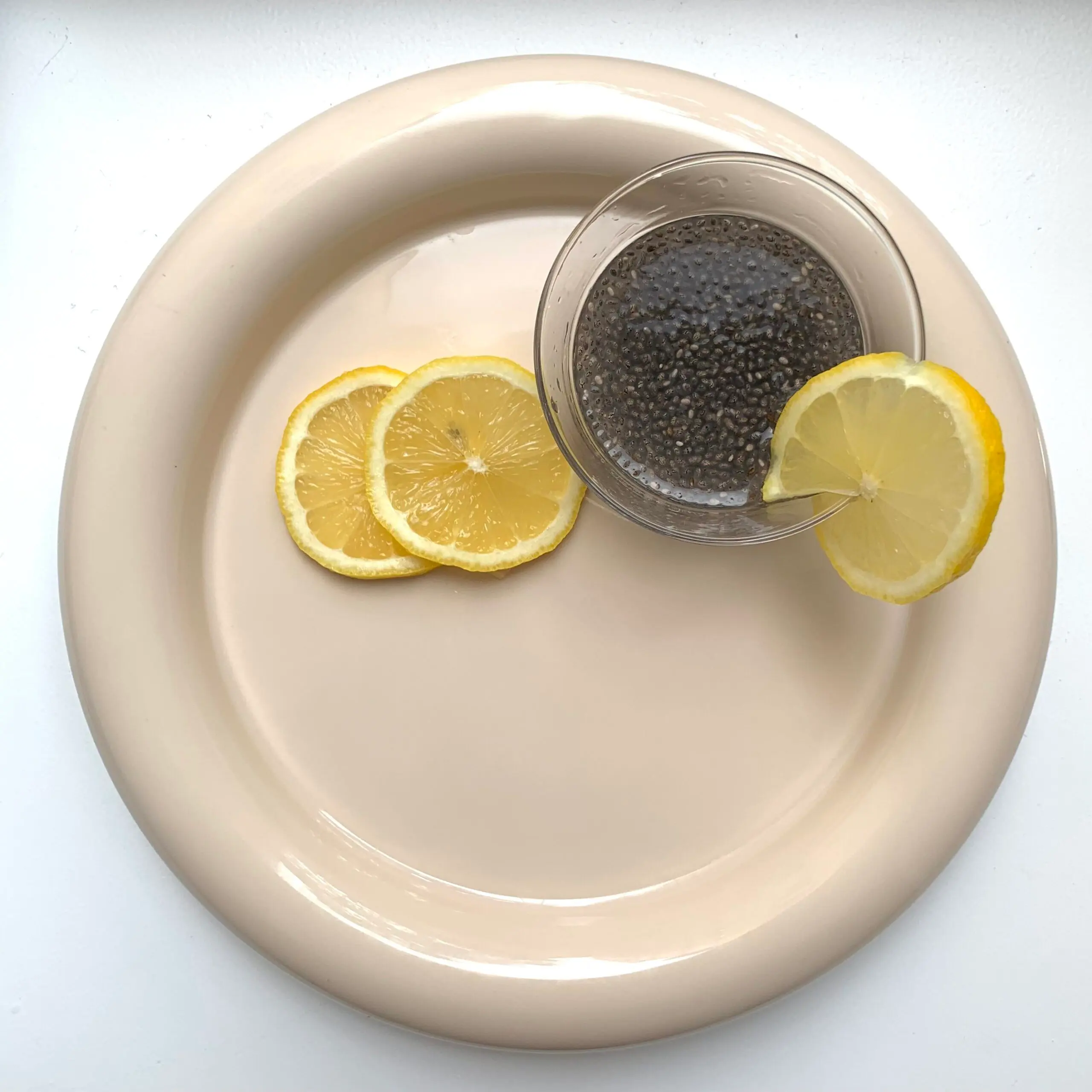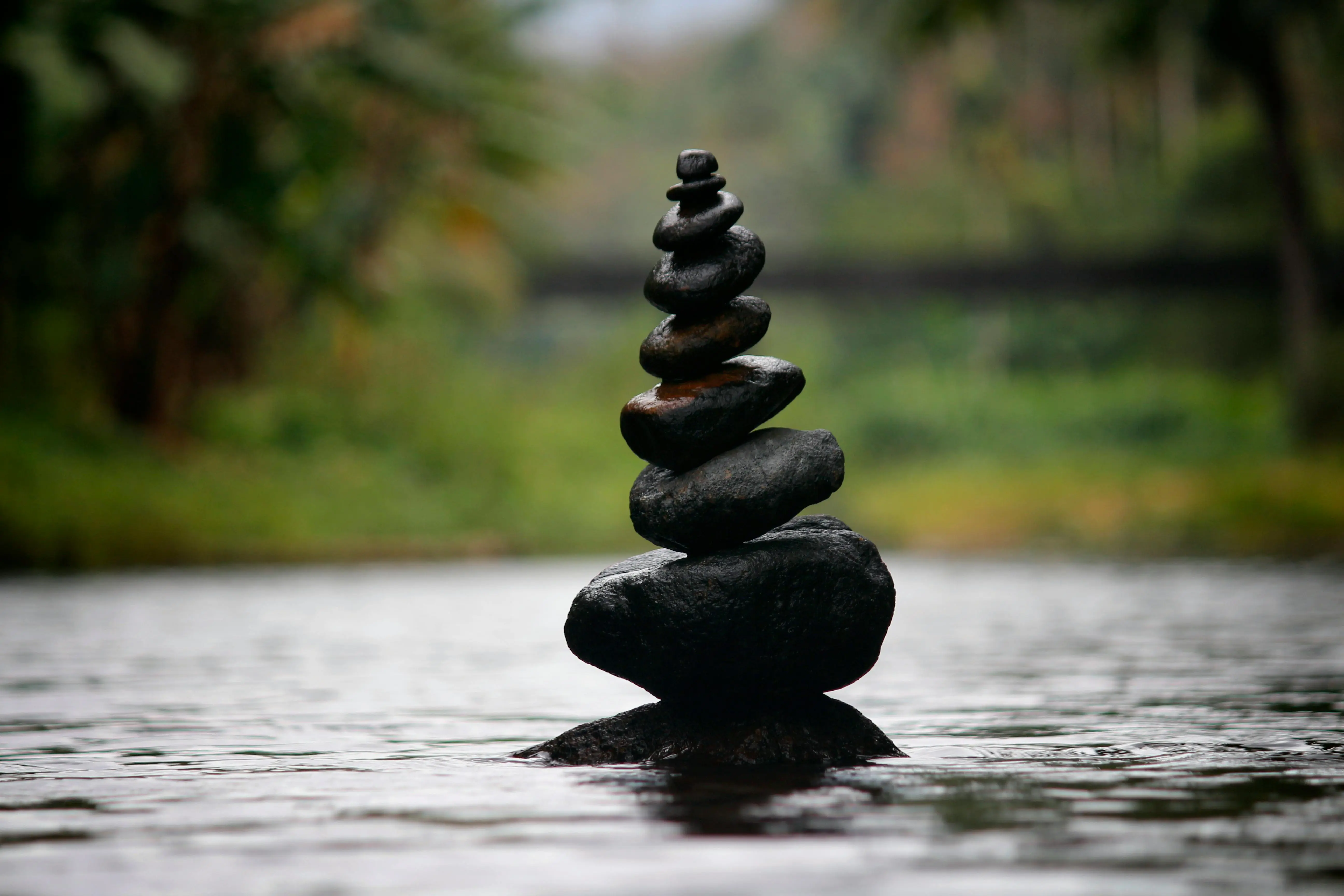Green tea has been considered a diet aid for centuries, with the drink recommended for weight loss in ancient China more than 2,000 years ago. It is currently celebrated on social media as a "natural Ozempic." In some posts and videos, it is recommended to drink up to five cups a day.
Those who want to lose weight effectively and quickly usually rely on the slimming injection Ozempic, or on its active ingredient semaglutide, which is now also used in other medications such as "Wegovy" to help people lose weight. The success of slimming injections: semaglutide, originally developed for patients with type II diabetes, mimics the gut hormone GLP-1, which stimulates the pancreas to release insulin after a meal – thereby lowering blood sugar.
GLP-1 also slows down the rate at which food leaves the stomach and affects brain areas that regulate hunger. In short: The body is tricked into feeling full. The concept sounds promising and has had success.
However, the long-term effects have not yet been thoroughly researched, and sometimes slimming injections have unpleasant side effects such as persistent nausea, a feeling of fullness, constipation, or diarrhea. And: Once you stop injecting, the hunger returns.
Green tea: not a gamechanger, but a gentle helper
Similar to the slimming injection, green tea is also said to boost GLP-1 production and lower blood sugar. Is that true?
There are indeed studies that show green tea extract can lower blood sugar in diabetic mice – which is why some researchers have theorized that it might work in humans too. However, the evidence here is thin:
A study involving 92 people with type II diabetes suggests that the GLP-1 production of people taking green tea extract does not differ significantly from those taking a placebo.
